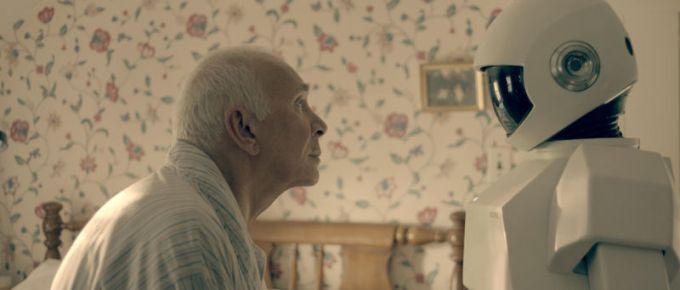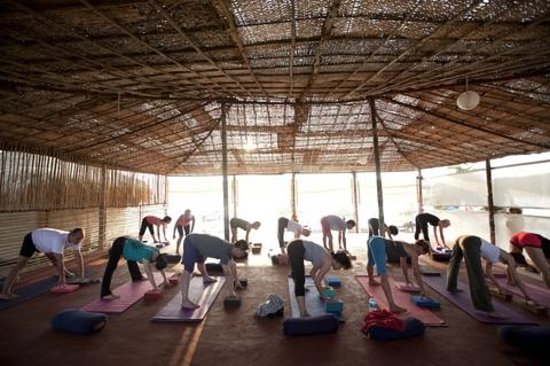We’re being asked every day to count the cost of covid. We quickly became used to, and then inured to the daily mortality figures, and we are now being presented almost daily with the economic costs of pandemic business supports. But these measures skim the surface of the cost…
We’re expected to equate the impact of covid with our lives before it. We compare its impact on the health of the world with what would have happened without the pandemic. Would we have had comparable numbers of deaths? Would those deaths have been accounted for by other causes? Is covid the cause of all the extra deaths, or is it having the outcome that other deaths are caused by the vacuum it has left in our normal services. I could go on, but the world’s media has done that a lot. The issue is always the basis on which we make comparisons, the benchmarks by which we measure change. I want to ask: ‘why are we still using benchmarks which were set for a different way of life?’
So why don’t we try and measure the effects of the pandemic, not in pre-pandemic metrics but by making new ones to suit the world we are entering.
Here’s a few considerations:
- We can measure the outputs of what we do fairly easily. We measure productivity and GDP, we measure oil consumption, levels of crime, global warming and so many other trackable outputs. But how do we measure the outcomes of what we do? For example, if I work too hard, and I worry about my business even when I’m not working, what is the result? What is the outcome of that on my health, my family’s health, the social dynamics at home and at work or the wear and tear which will (maybe later) kill me? What are the outcomes of over-work in terms of job satisfaction, happiness with life? If overwork reduces productivity, so we work harder to produce less at the margin, does that marginal production have a different cost associated with it? Of course it does. If I have to work harder and harder to get growth – in the world where (apparently) all businesses must grow to exist, or they will be left behind by their competitors – then the outcome of my work is a case of the law of diminishing returns. We need to measure the broadest range of outcomes of what we are doing in order to set meaningful benchmarks on which we can measure our success in future.
- As a result of the pandemic we are told that the world will enter the worst recession or depression it has ever seen. What does that mean? We will have much lower levels of production and per capita income than we had before covid. We will also have significantly less consumption associated with our output – raw materials, fuel, international travel, marketing costs, space overheads, city centre rents, and so on. We will also have significantly less consumption associated with the lifestyles we have begun to want as a result of our experience of lockdown. If I find that my 2021 turnover is half of my 2019 turnover, but my costs have halved also, then my margins are the same, and I might live longer, have a happier family life and a lower impact on my environment. In real terms, the new lower profit might be too little to allow my business to survive. Profits may be too little to support research investment. The cutting of costs in the smaller business might include laying off staff, and their unemployment will have a ripple effect across many aspects of the economy… BUT the equation need not be based on the same benchmarks we became used to before.
- So outcomes may need to include new metrics – qualitative metrics. It will be hard to quantify happiness, fulfilment, learning without concomitant production, longevity, reduced environmental impact, less globalisation, possibly more isolationism, more economic stratification and divisiveness, but more community care perhaps. We cannot simply measure satisfaction as the outcome, but we cannot continue to rely on the old measures of wealth and power.
- We need to decide which are the important measures and which are less valuable to us. We need to try and measure economic impact and social impact and biological impact in some sort of multi-variate way that allows for equilibrium and trade-offs in our measures of outcome.
- Can we measure holistic societal benefits rather than individual benefits, so that we can take account of the outcome of one person’s greed and dominance on the lives of others? Can we measure the impact of under use as well as overuse of resources, or the impact of slowing down progress on our quality of life. Lockdown has shown us that slower is better on many levels, but maybe that’s a short-term view. Has slowdown improved our culture? Has the extra capacity in the minds of more relaxed people been directed towards self-actualisation, or the latest series on Netflix? Does the pace we had before covid actually underpin our dynamic evolution? Again, the slower will suffer at the hands of the quicker when the (capitalist) system pertains.
I can’t help wondering whether this is a task for AI. The complexity of the data streams and their ‘co-morbidity’ is beyond our normal techniques. Also, and importantly, we are burdened with an emotional bias in what we measure and how we weight its importance. We have pre-conditions or standards associated with our prejudices and pre-covid expectations. We need a completely objective mechanism for weighing up the factors, and these are not bipolar scales, or straight lines. They are matrices.
- Happiness and fulfilment Vs material wealth
- Acceptance and compromise Vs ambition
- Basic standards of living Vs luxury
- Preservation of the past versus embracing our various futures
- Shifting ground in societal values, morals, demands Vs respect for established values
We need to ask who should be in charge of all this measurement? Clearly we can’t all do our own measuring and weighing up – it’s far too complex. But I don’t want to leave it in the hands of moribund political organisations, or the leaders of global multinationals or the academic backwaters. It could be something which was personalised. Let’s assume you could answer a series of multiple choice questions, and the analysis then slotted you into a category – nothing new there! When combined, they could represent your views on the factors, and therefore the weights which you would like applied to the measures available. You have a dynamic equation, an algorithm, which makes use of dozens if not hundreds of data streams, all measuring different aspects of our lives. You have a weighting matrix which is personalised to your own proclivities and values, and you have outputs which recommend ways of producing, consuming and investing to optimise the outcomes you seek. Is this possible?








